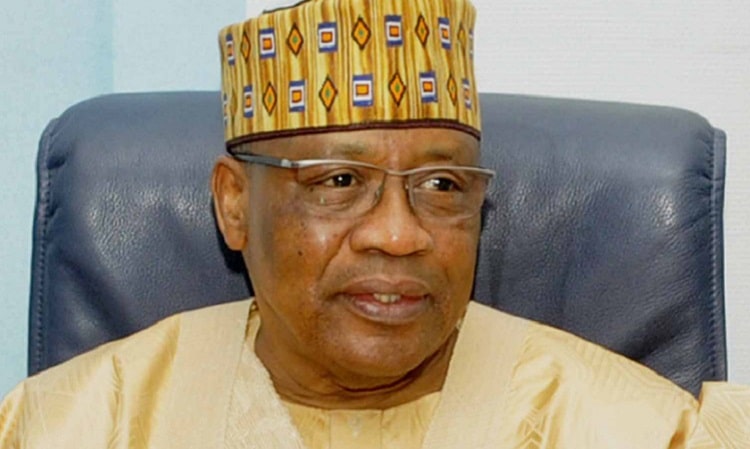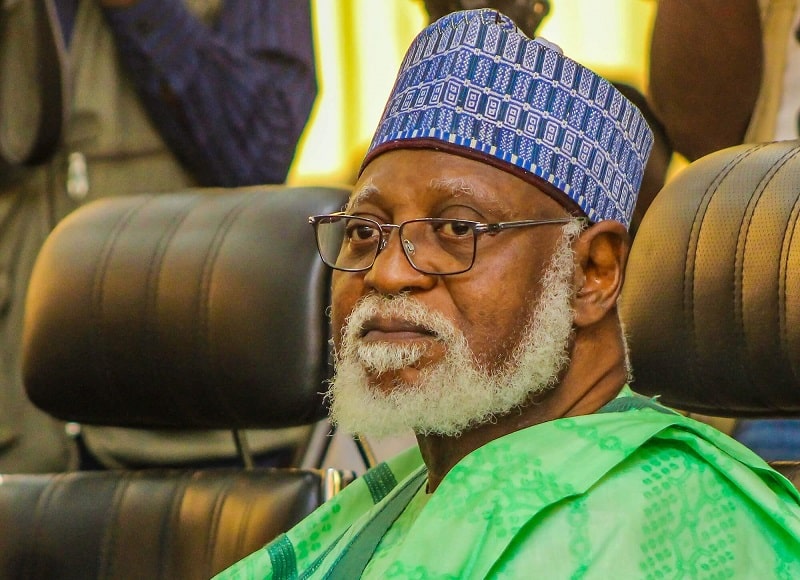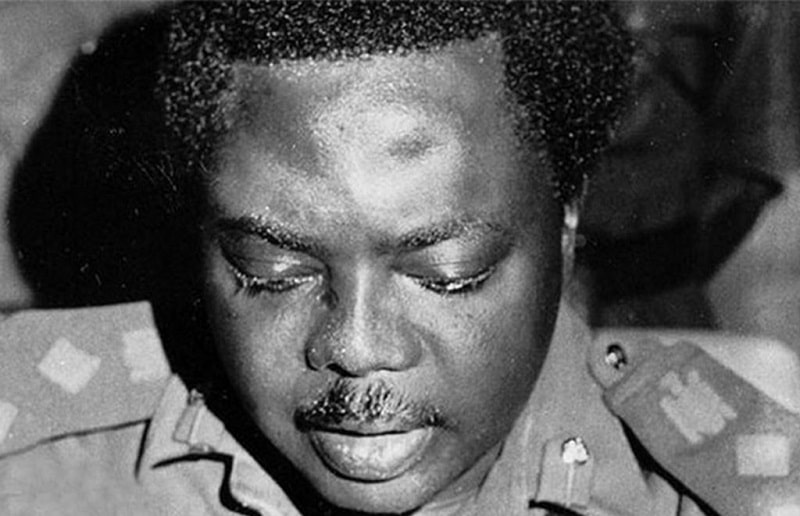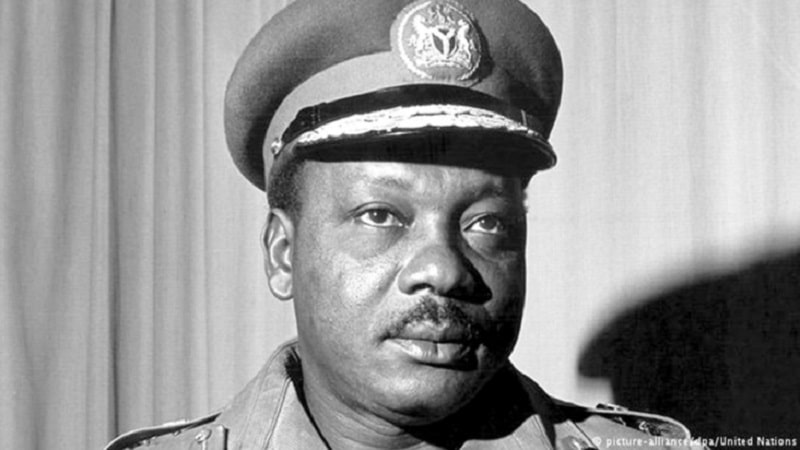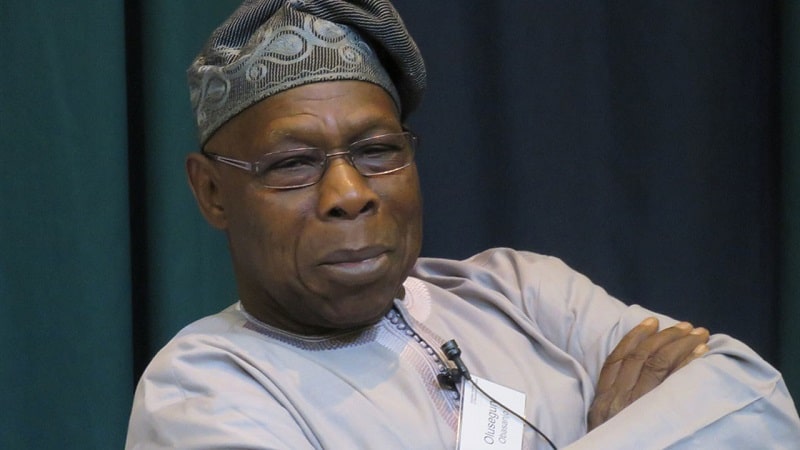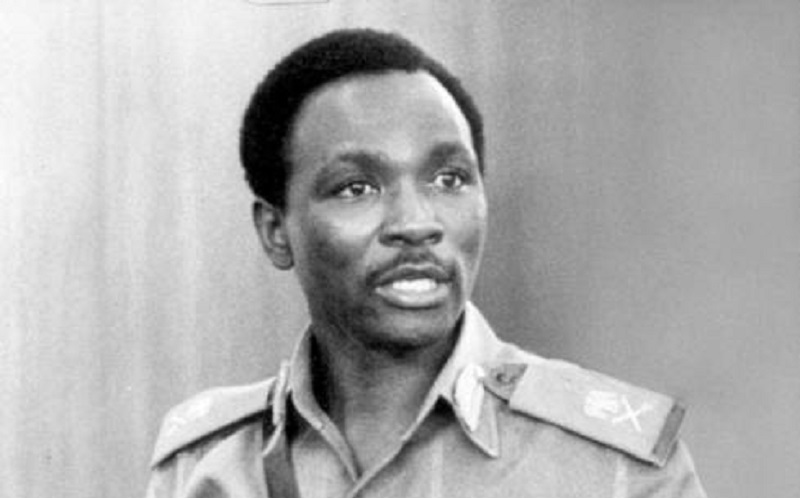
General Yakubu Gowon was a Nigerian military officer who served as the Head of State of Nigeria from 1966 to 1975. He was one of the longest-serving military rulers in Nigeria’s history.
| List | President’s Information |
|---|---|
| Name | Yakubu Dan-Yumma “Jack” Gowon |
| Date of Birth | October 19, 1934 |
| Age | 88 years (as of 2023) |
| Ancestral Home | Pankshin, Plateau State, Nigeria |
| Native Language | Angas |
| School Attended | Nigerian Military Training College |
| Career & Occupation | Military Officer, Politician |
| Military Rank | General |
| Height | N/A |
| Known As | N/A |
| Citizenship | Nigerian |
| Residence | Abuja, Nigeria |
| Religion | Christianity |
| Wife’s Name | Victoria Gowon |
| Children’s Name | Ibrahim Bala, Saratu Kankemwa Tani Gowon |
| Assumed Presidential Office | August 1, 1966 |
| Left Presidential Office | July 29, 1975 (9 years in office) |
| Political Party | Non-partisan (Military Government) |
Yakubu Gowon’s Early Life and Career
Gowon was born on October 19, 1934, in Pankshin, present-day Plateau State, Nigeria. He joined the Nigerian Army in 1954 and rose through the ranks to become a Lieutenant Colonel in 1964. He served as the Commander of the Nigerian Army’s Second Infantry Division during the Nigerian Civil War and later as the Chief of Army Staff.
Yakubu Gowon’s Rise to Power
Gowon came to power in July 1966 following a counter-coup that overthrew the government of Major-General Johnson Aguiyi-Ironsi. As the most senior military officer at the time, Gowon was chosen to lead the new military government, which he called the Federal Military Government.
Gowon inherited a country that was deeply divided along ethnic and regional lines, with tensions running high between the Northern and Eastern regions. His main priority was to restore peace and stability to the country and to reunite its people.
Challenges in Office
Gowon faced significant challenges during his tenure in office, including the Nigerian Civil War, which lasted from 1967 to 1970. The war was fought between the Nigerian government and secessionist forces in the Eastern region, led by Colonel Chukwuemeka Odumegwu Ojukwu.
Gowon’s government launched a military campaign to crush the secessionist forces, which led to significant bloodshed and loss of life. The war ended in January 1970 when the secessionist forces surrendered, and Nigeria was reunited under a federal system of government.
His’s government also faced significant economic challenges during his time in office. He inherited an economy that was heavily reliant on oil exports, and he worked to diversify the country’s economy and reduce its dependence on oil.
Yakubu Gowon’s Legacy
Gowon’s legacy is a mixed one. On the one hand, he is remembered for his efforts to reunite Nigeria and to restore peace and stability to the country. He is also credited with overseeing significant economic and social changes during his tenure in office, including the establishment of new universities and the construction of new infrastructure.
In 1975, Gowon was overthrown in a bloodless coup while attending a summit of the Organization of African Unity in Uganda. He went into exile in the United Kingdom, where he lived for several years before returning to Nigeria in 1983.
Additional Facts
- Gowon received his military training at Sandhurst Royal Military Academy in the United Kingdom.
- “No Victor, No Vanquished” Policy: After the Civil War, Gowon promoted reconciliation and adopted the “No Victor, No Vanquished” policy to foster national unity.
- In 1967, he restructured Nigeria by creating 12 new states from the existing regions to weaken regional divisions.
- He established the NYSC in 1973 to promote national integration and unity among Nigerian youth.
- During his exile, Gowon pursued academic studies and earned a Ph.D. in political science from the University of Warwick.
- Gowon established the Yakubu Gowon Foundation, which supports various charitable causes in Nigeria.
General Yakubu Gowon FAQs
Related: General Murtala Muhammed (Former Head of State – (1975 – 1976)
